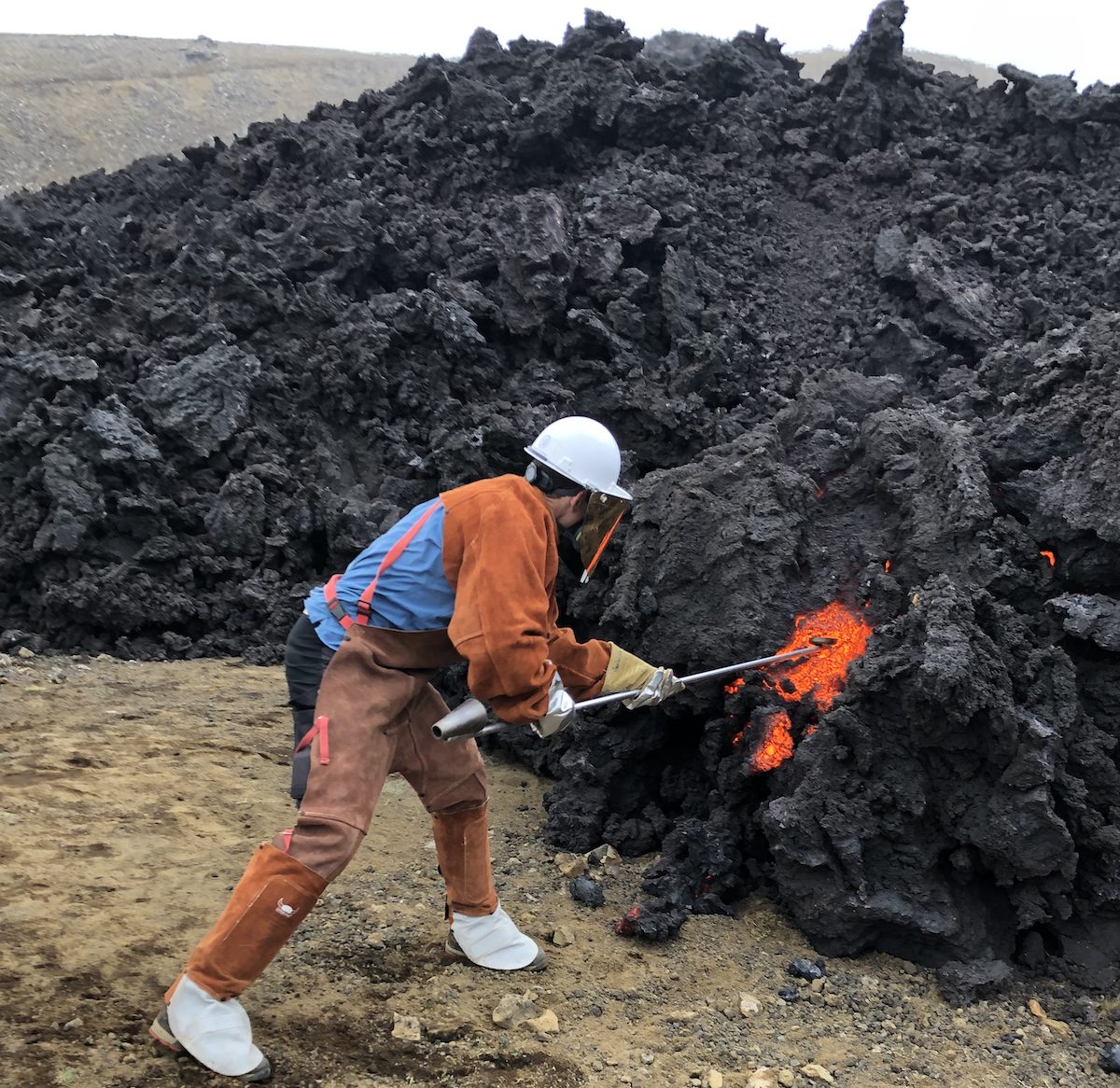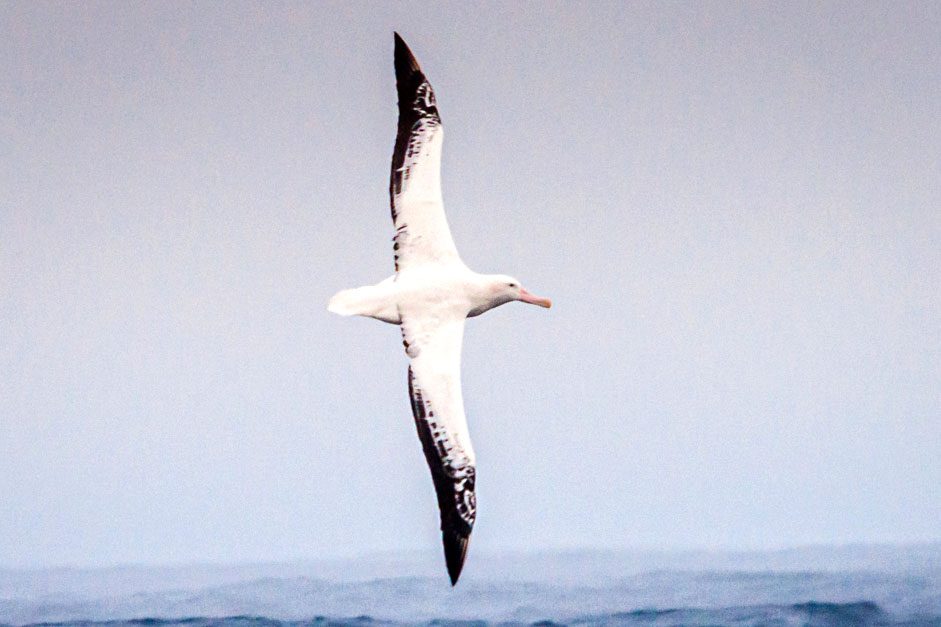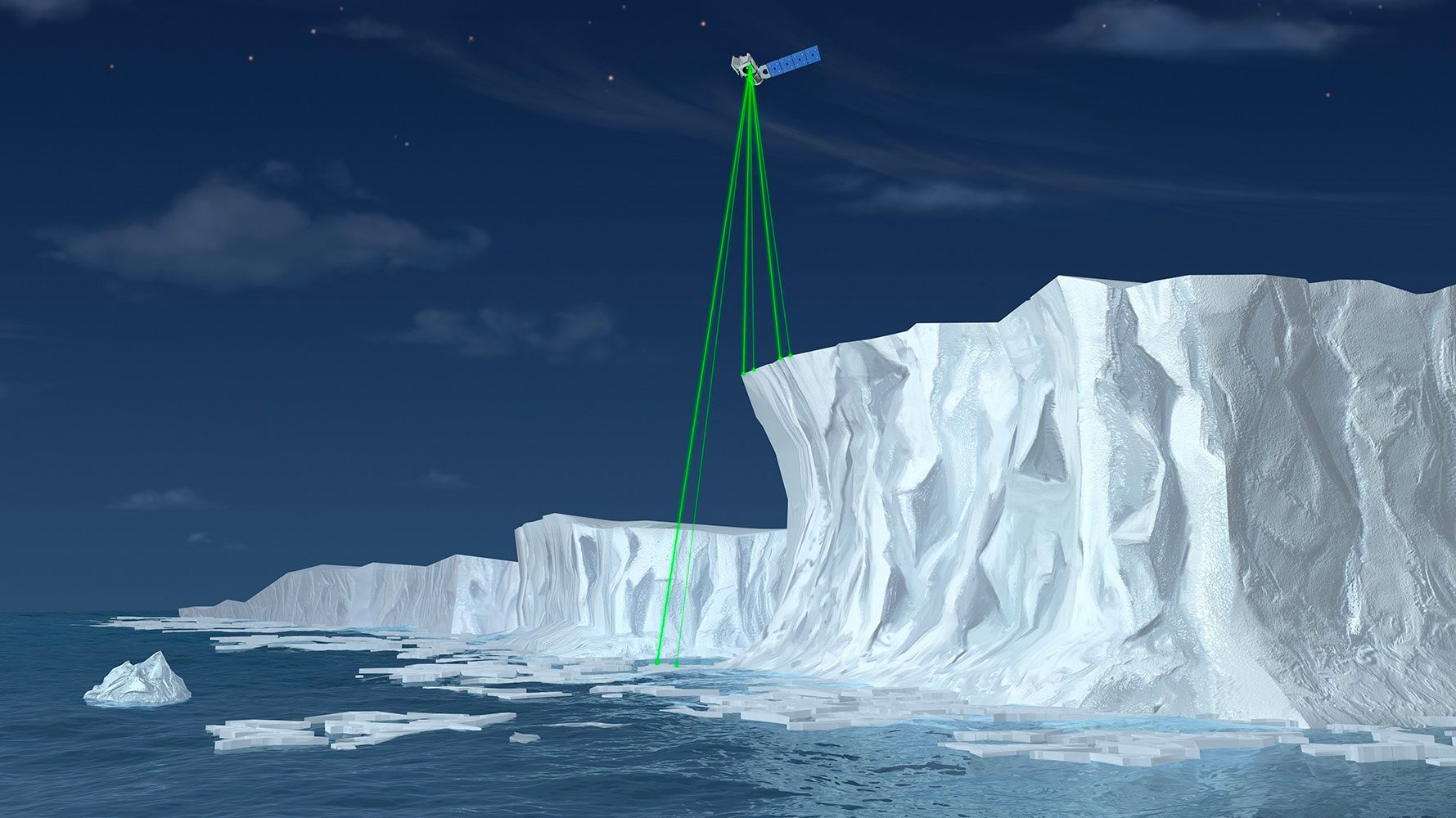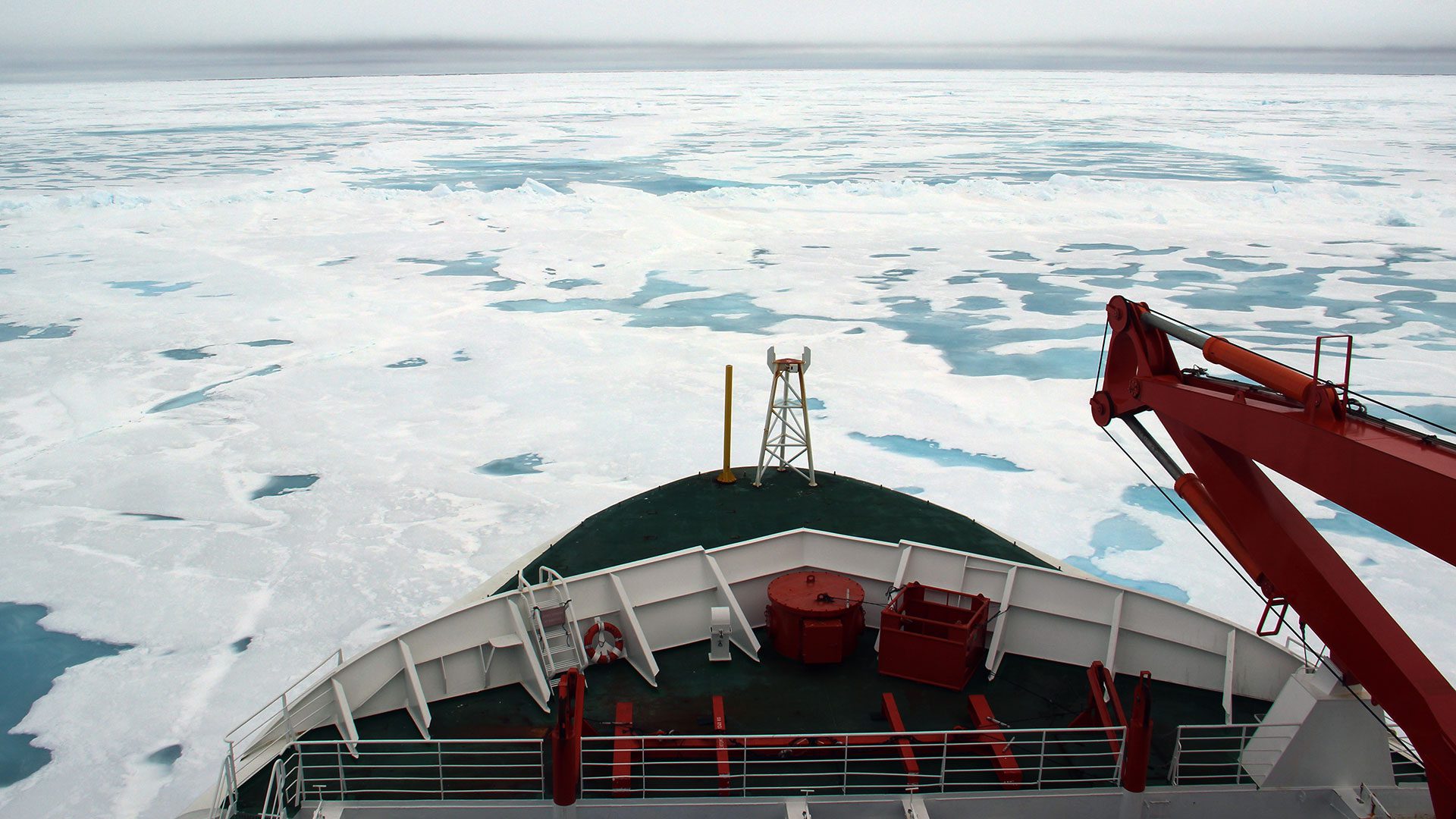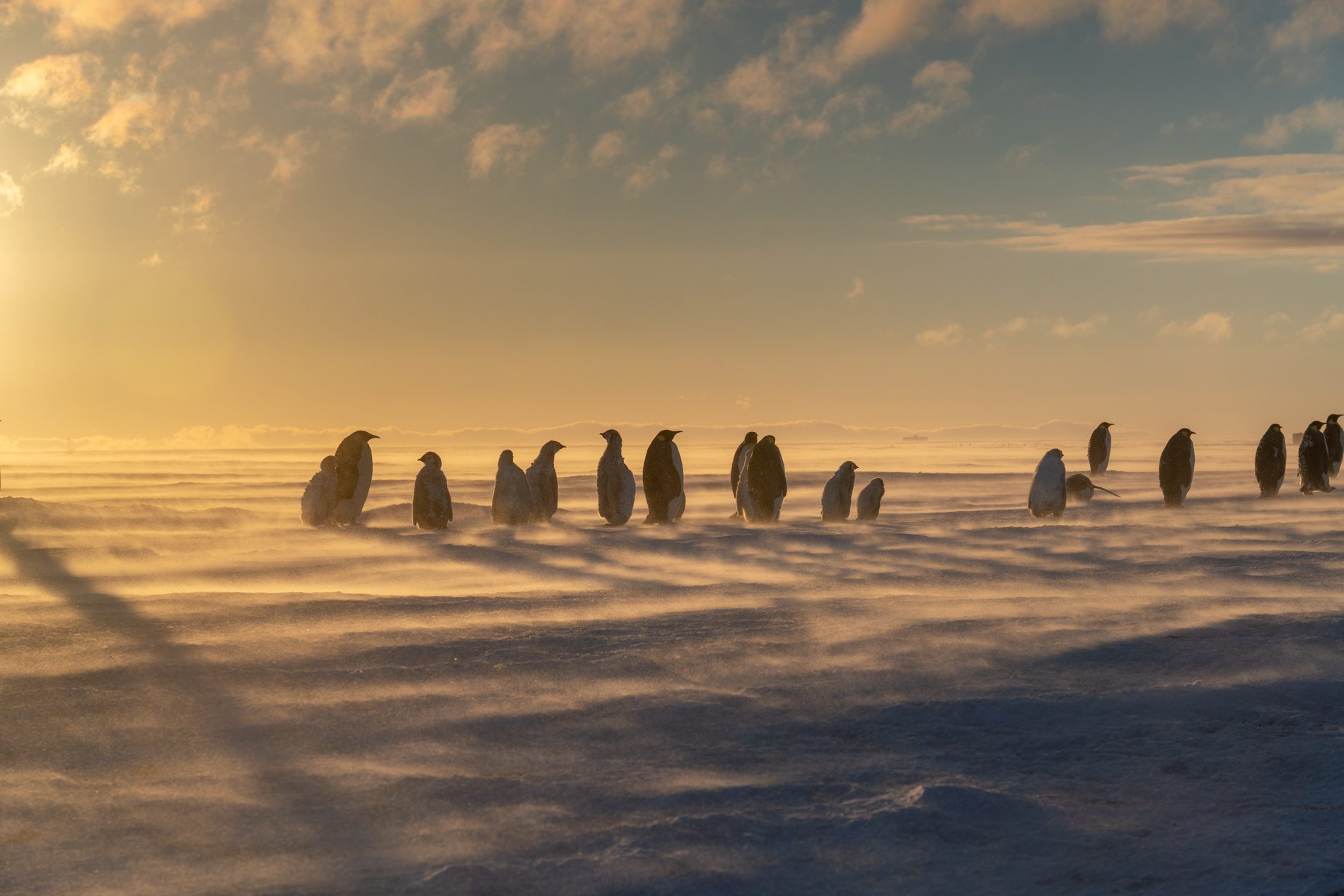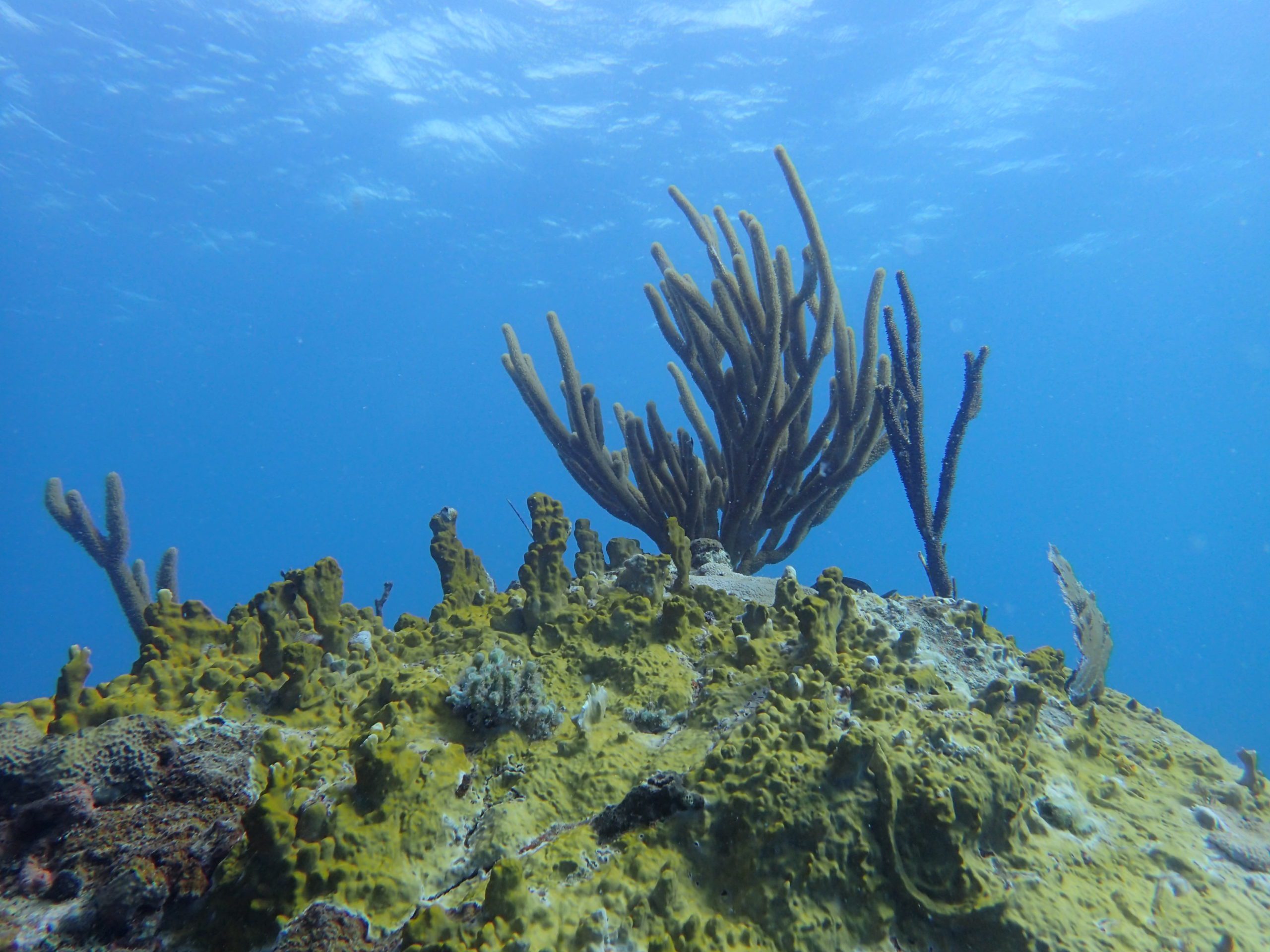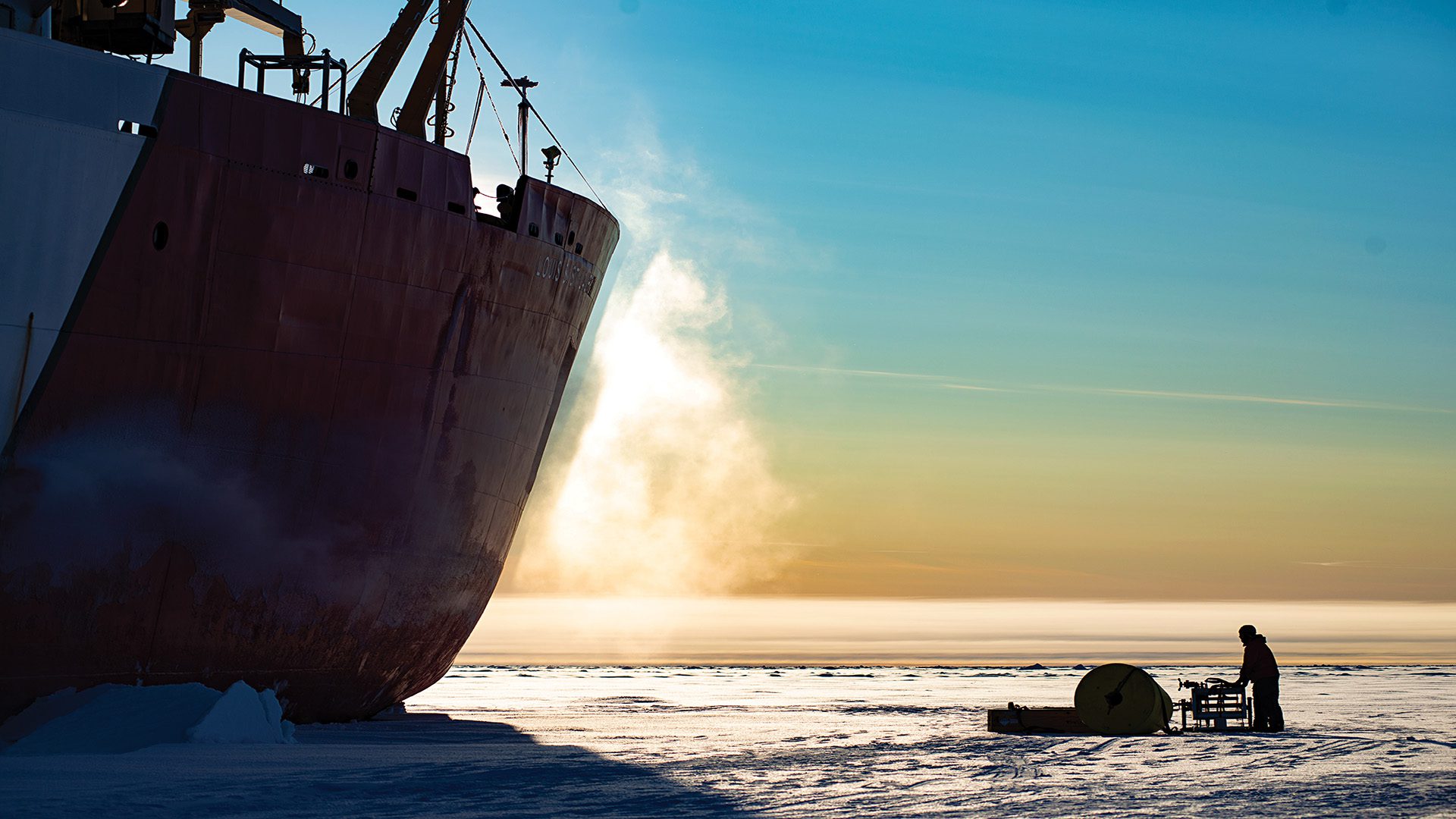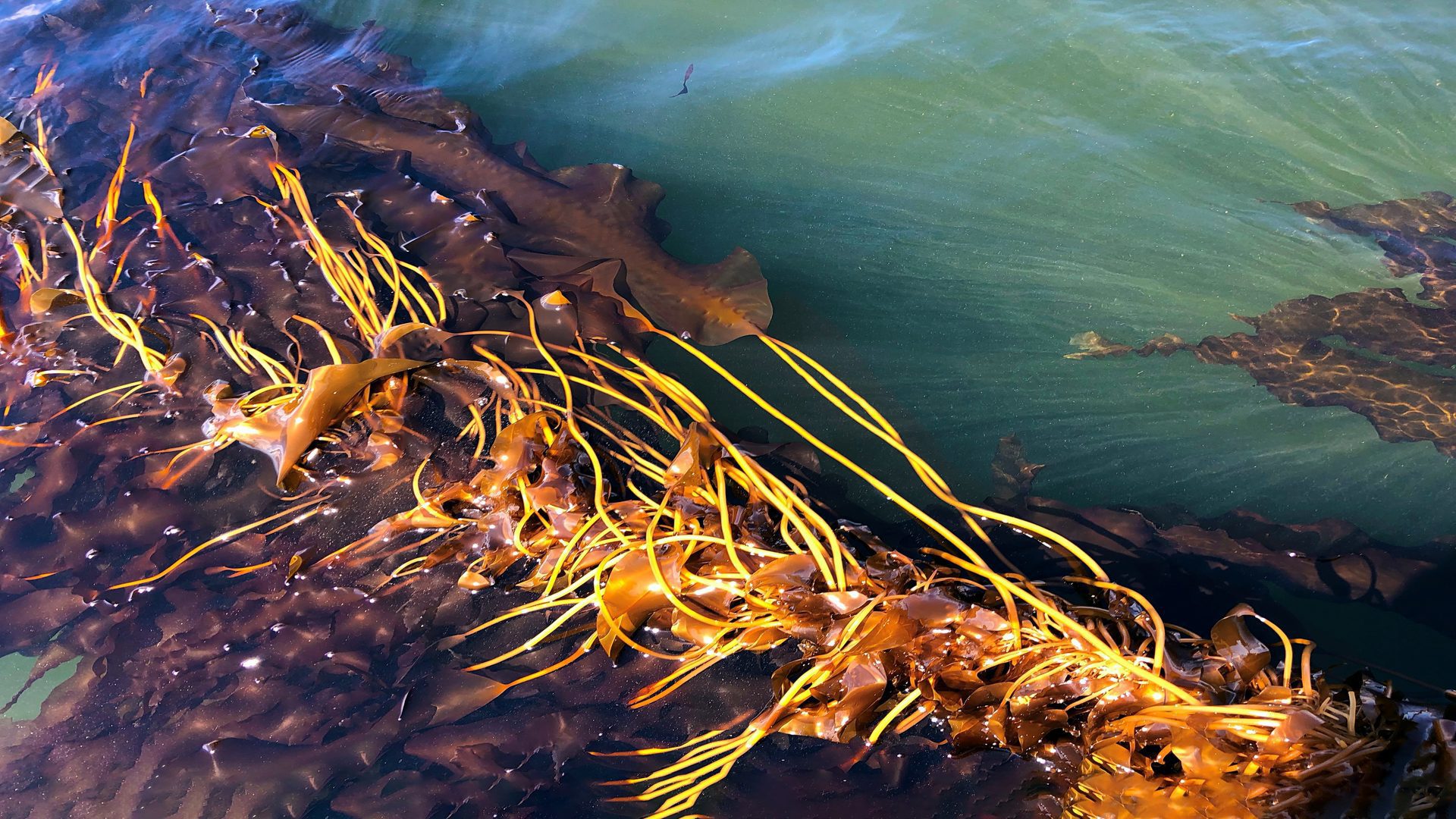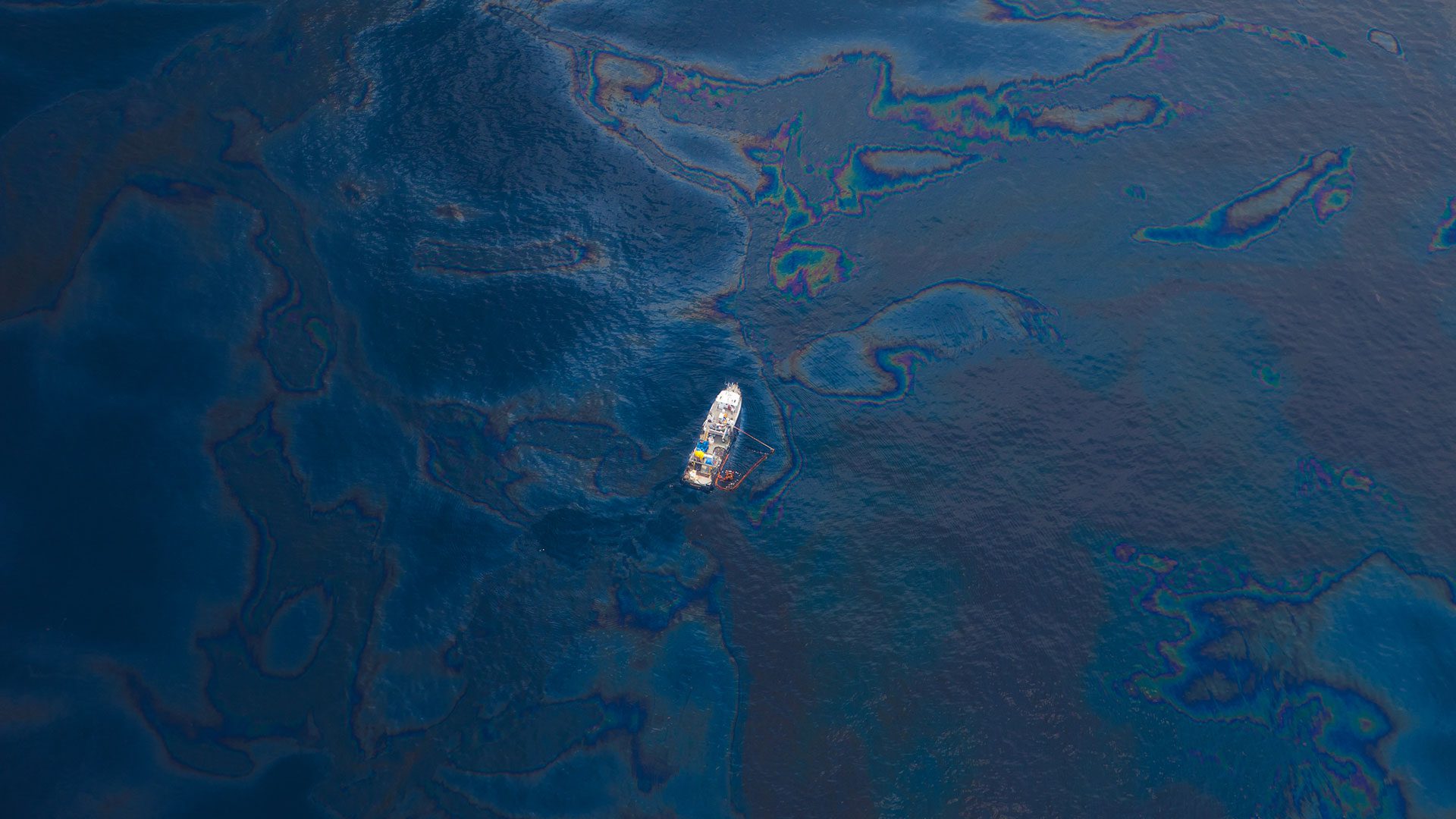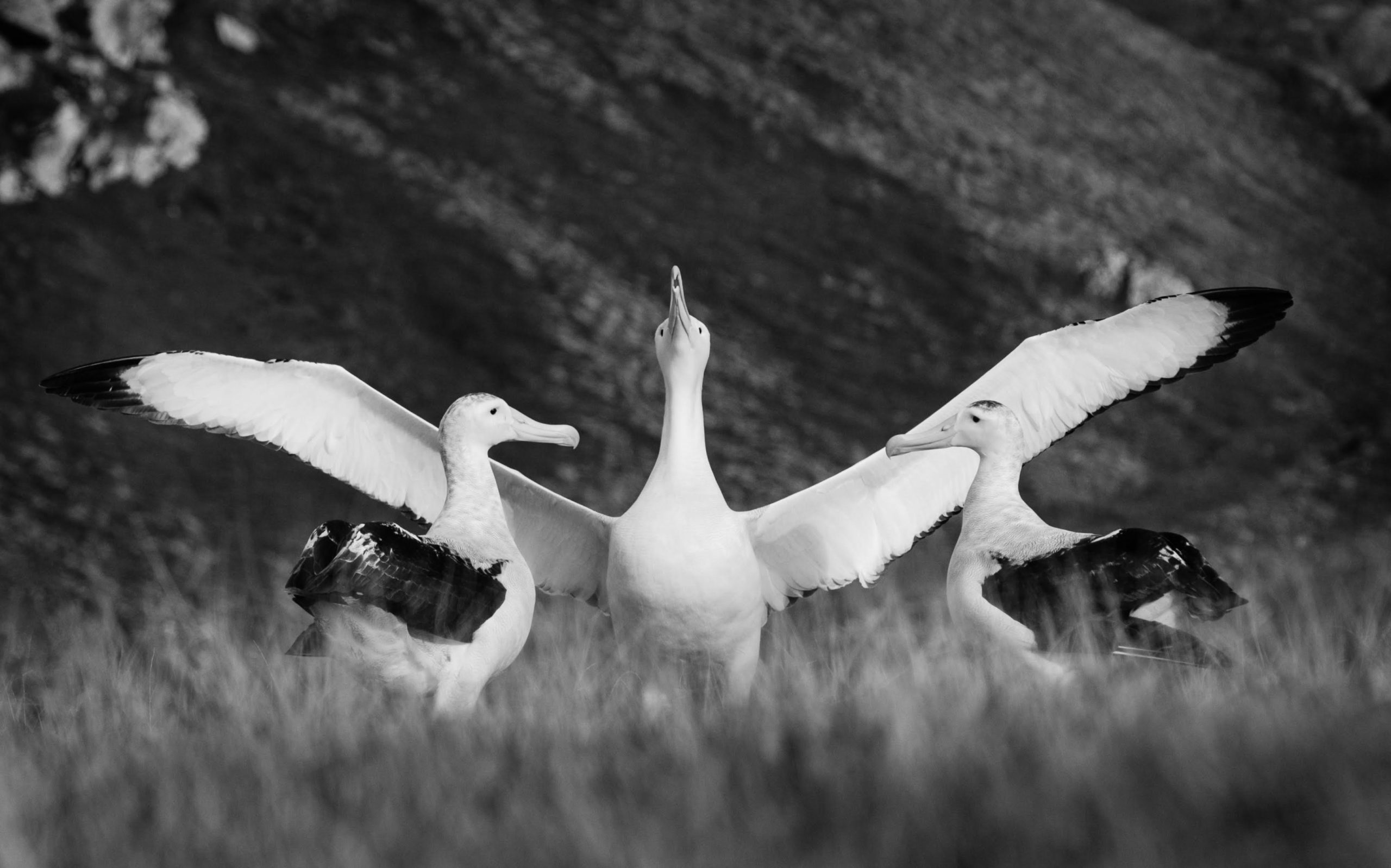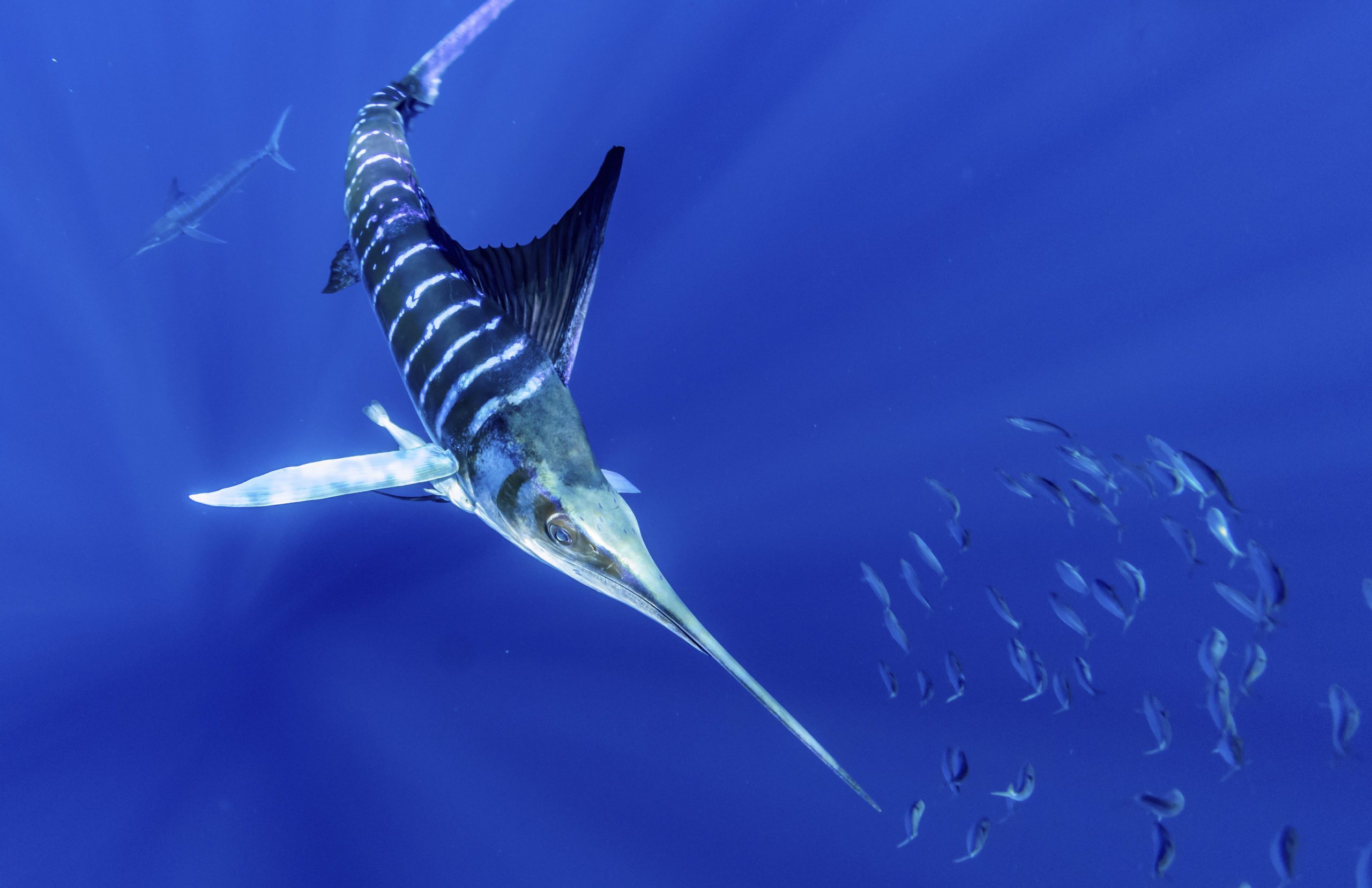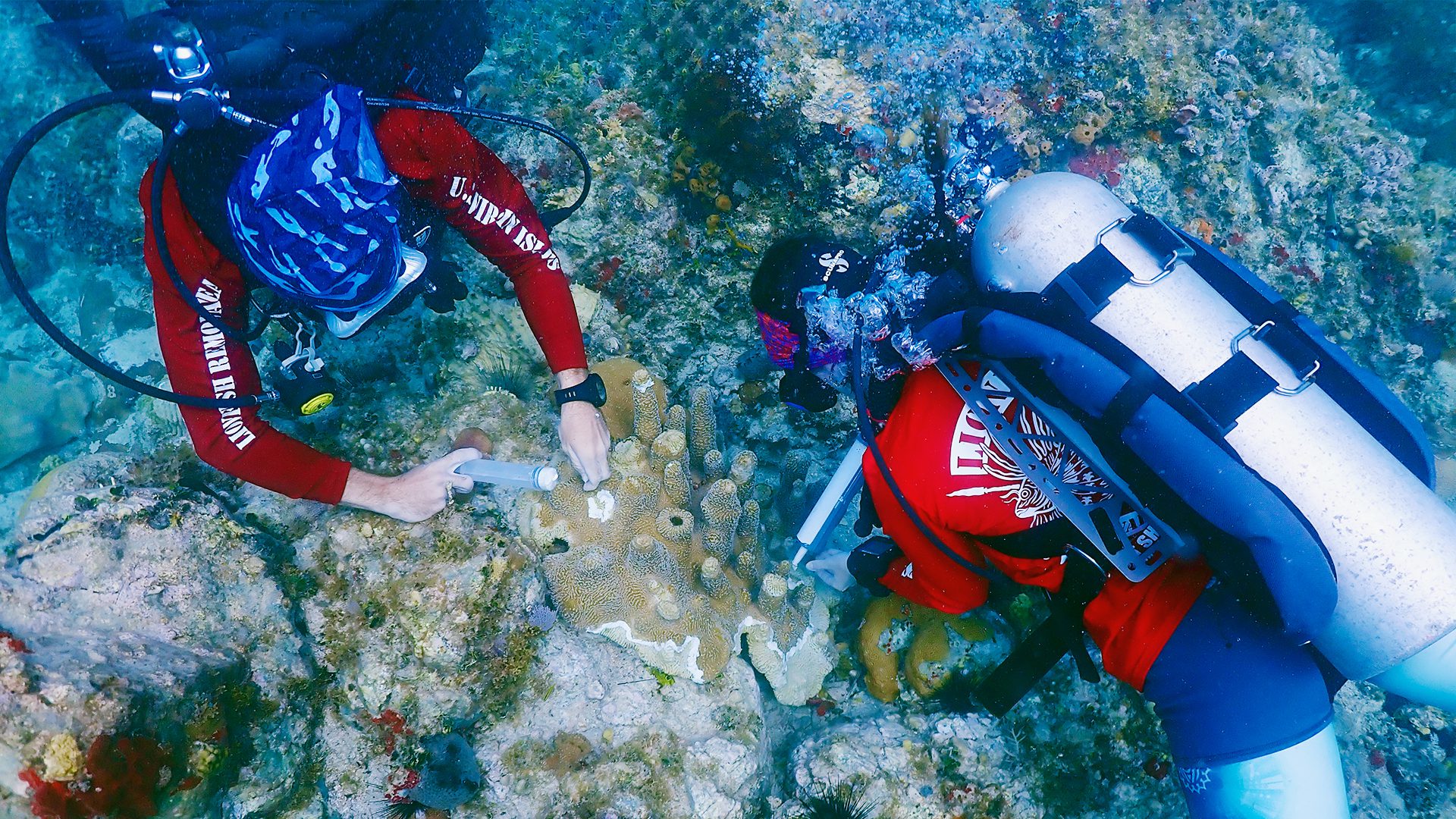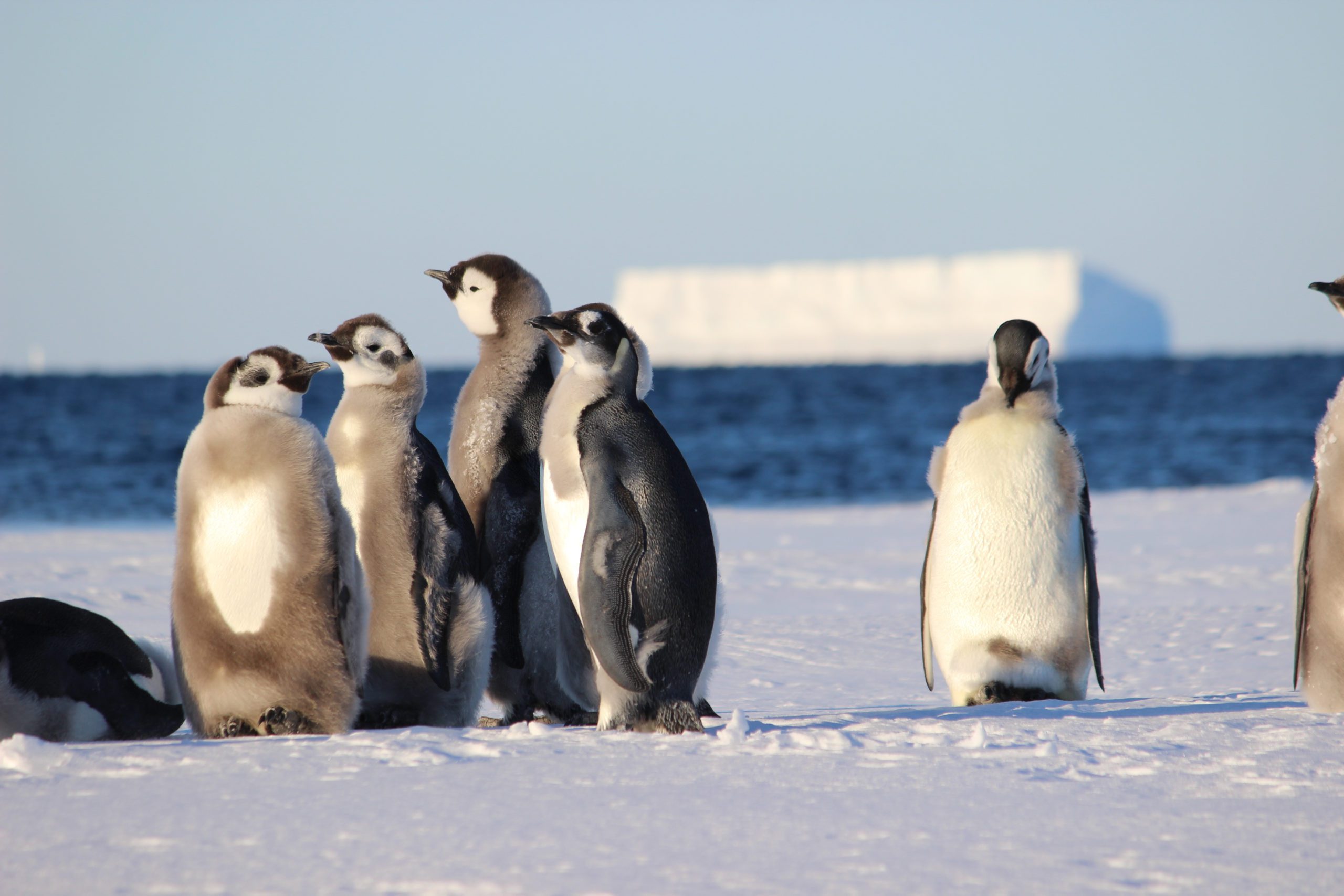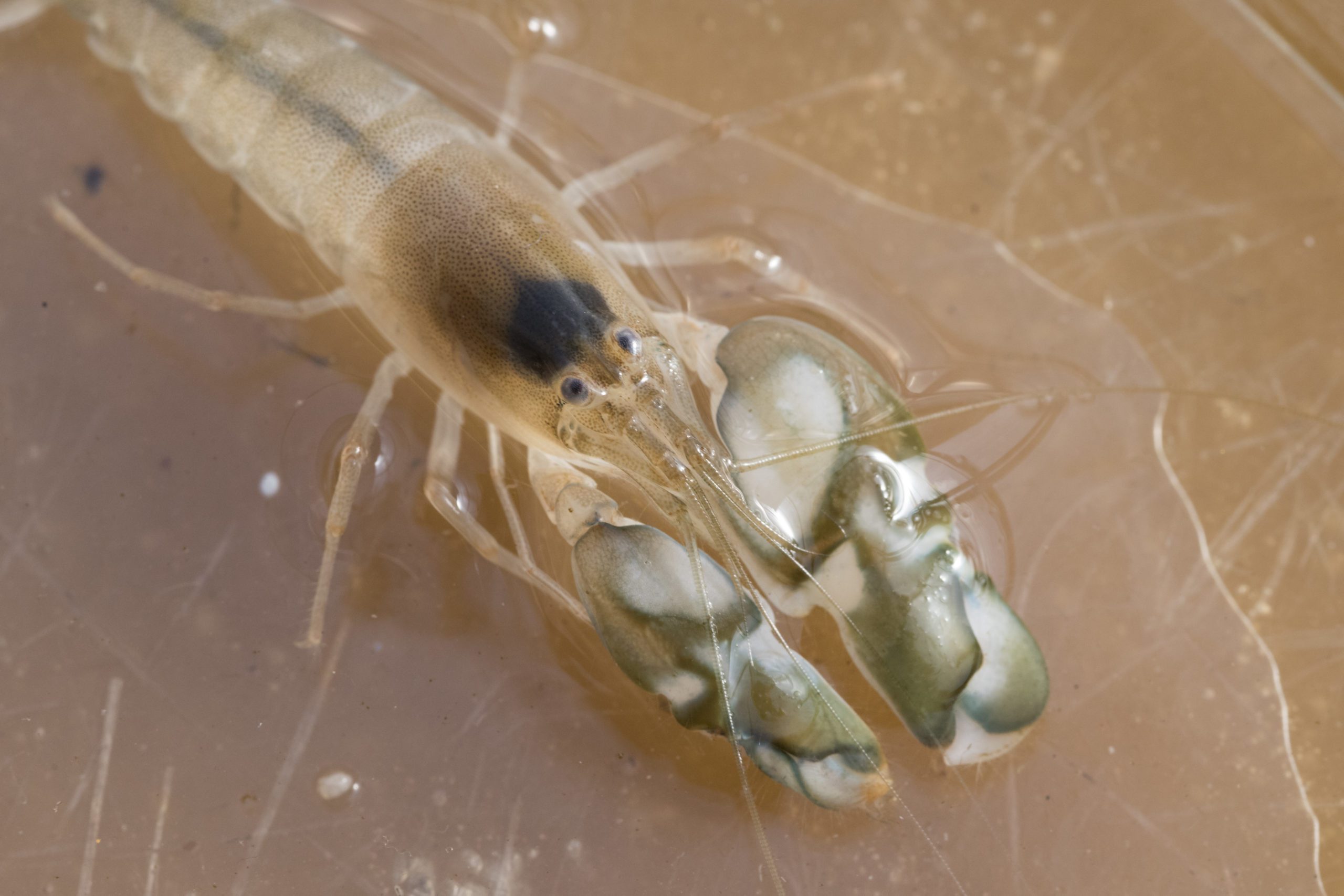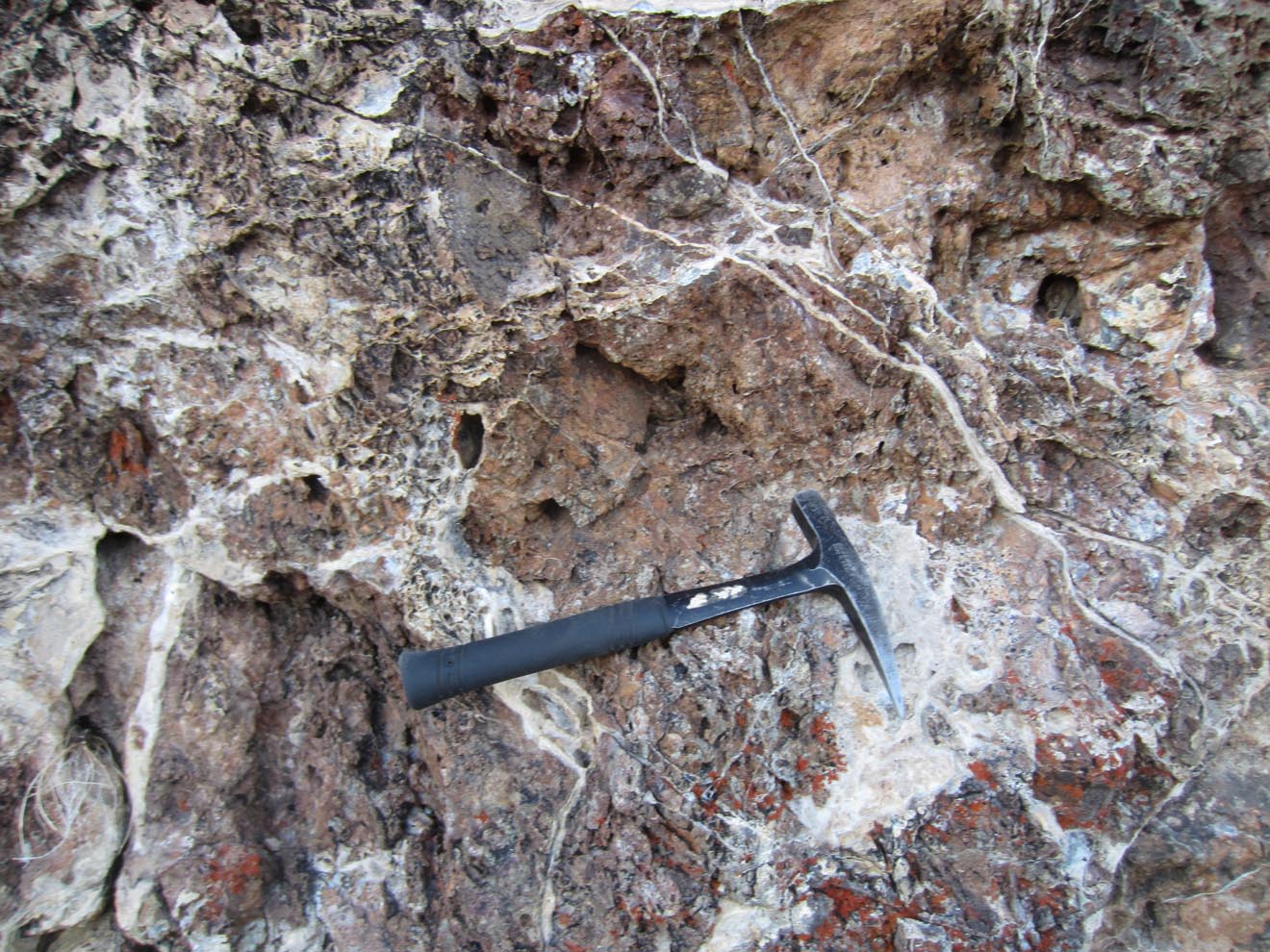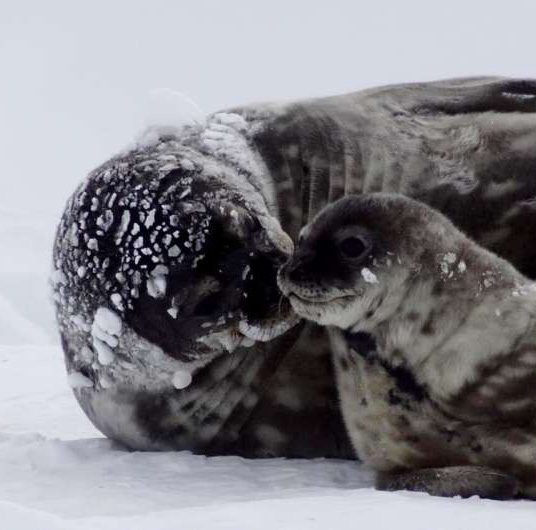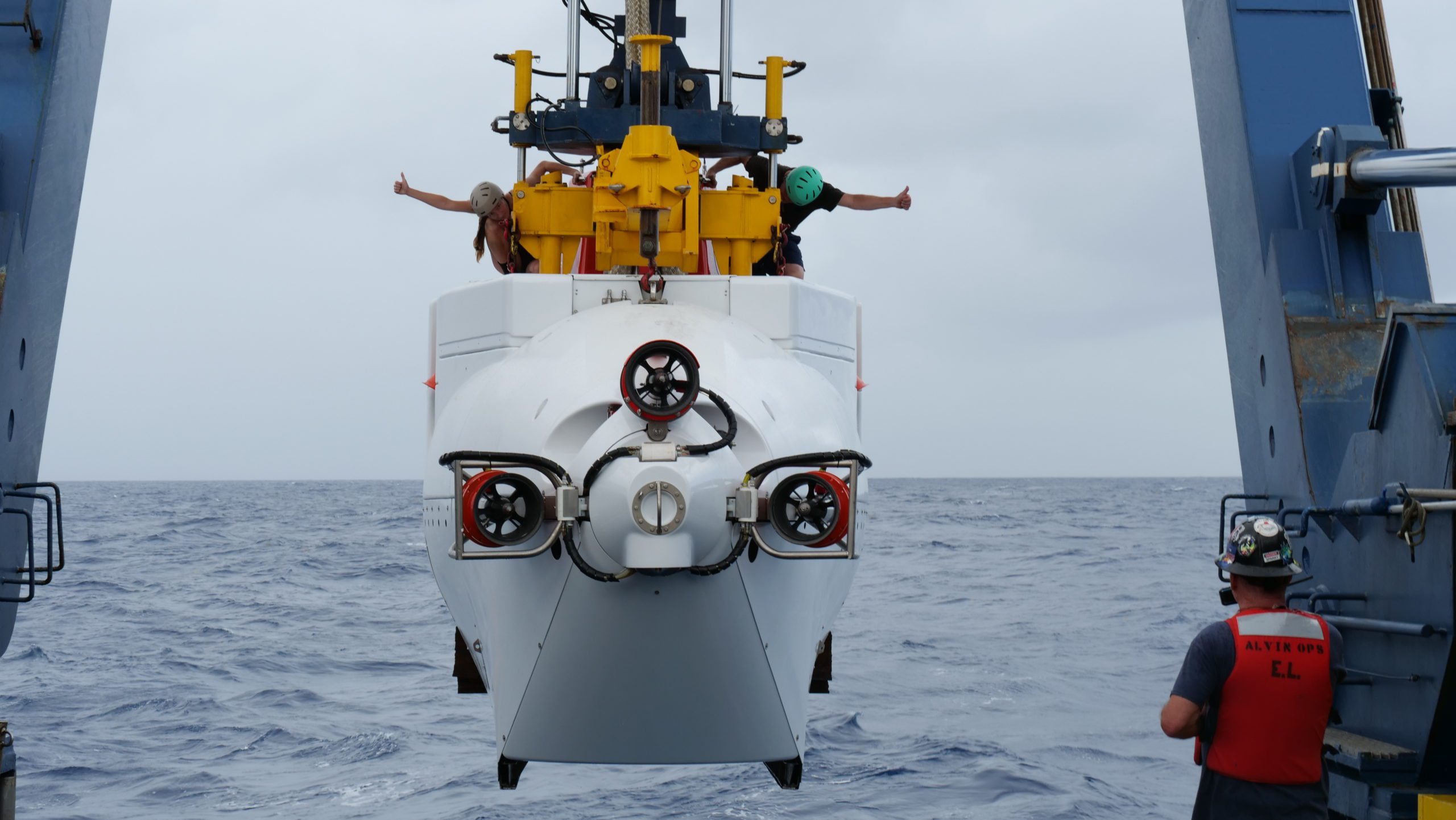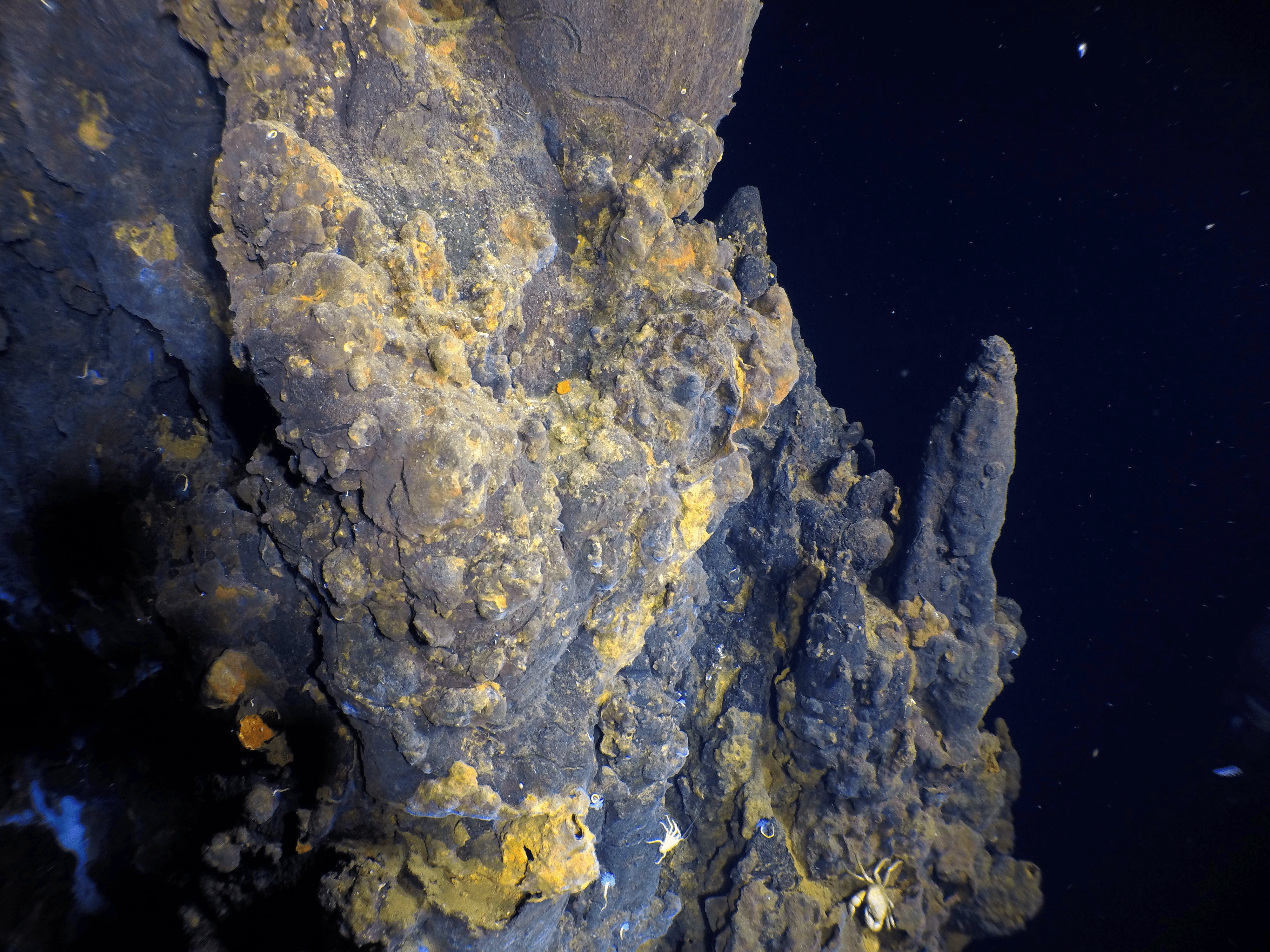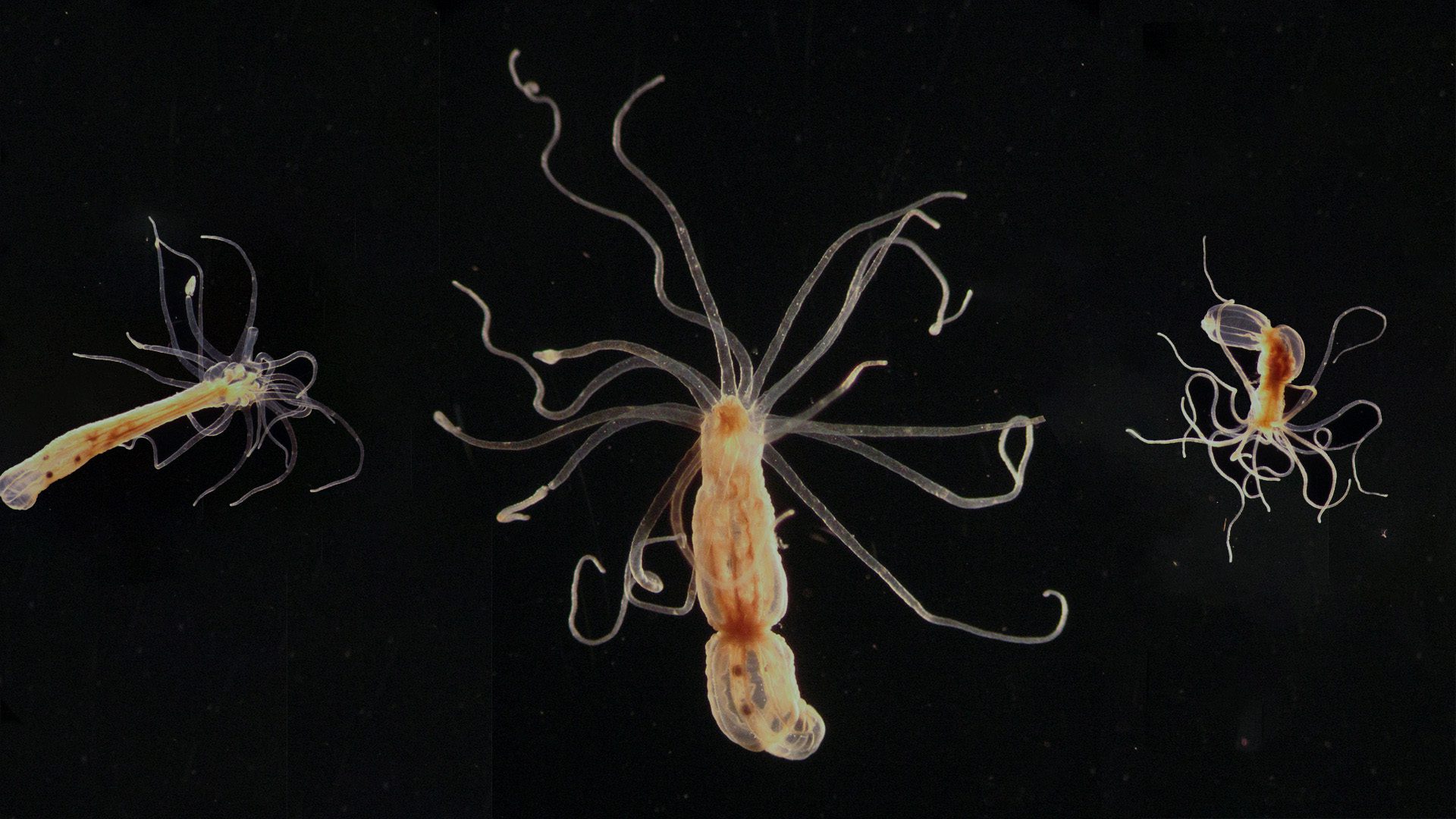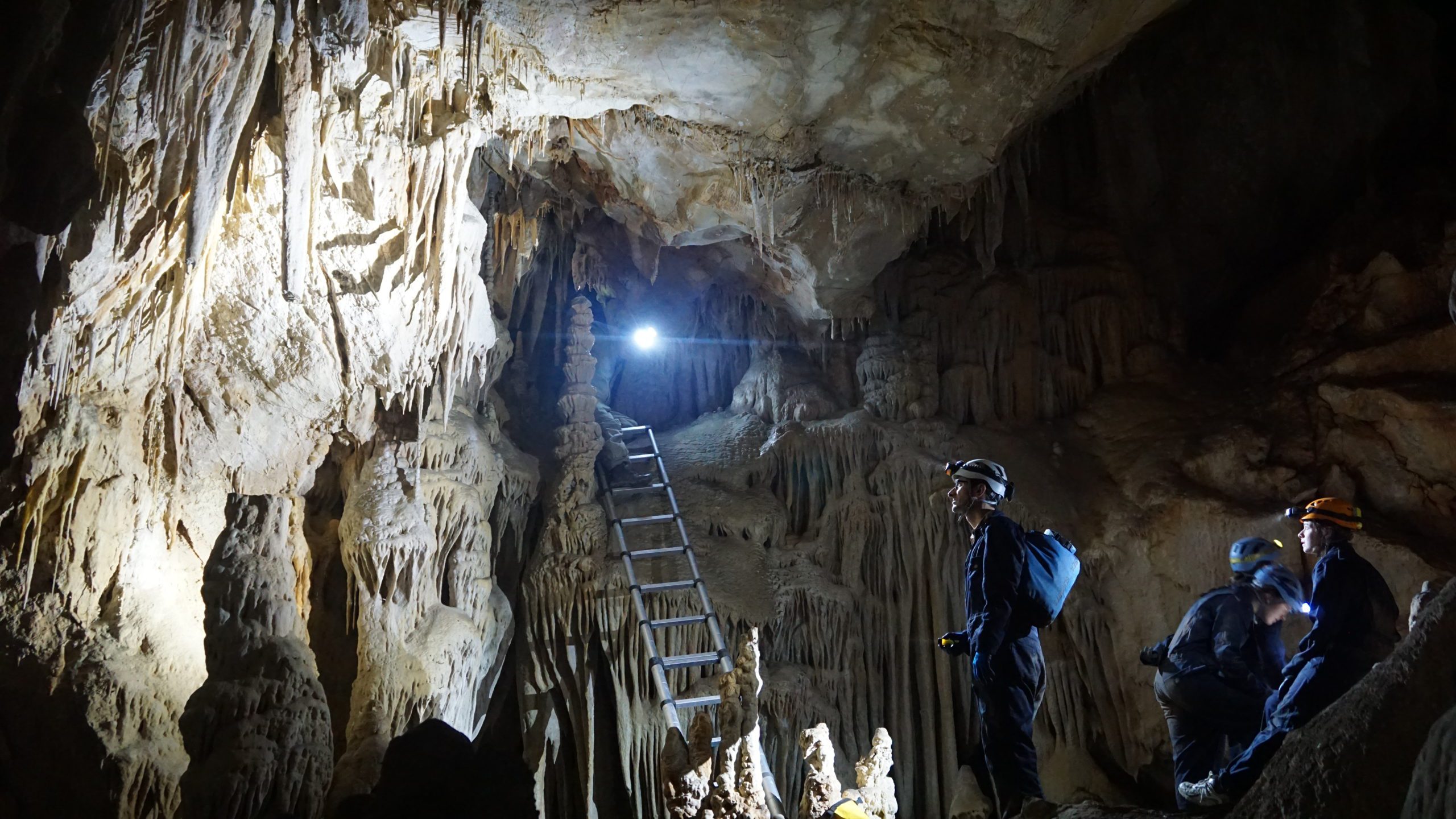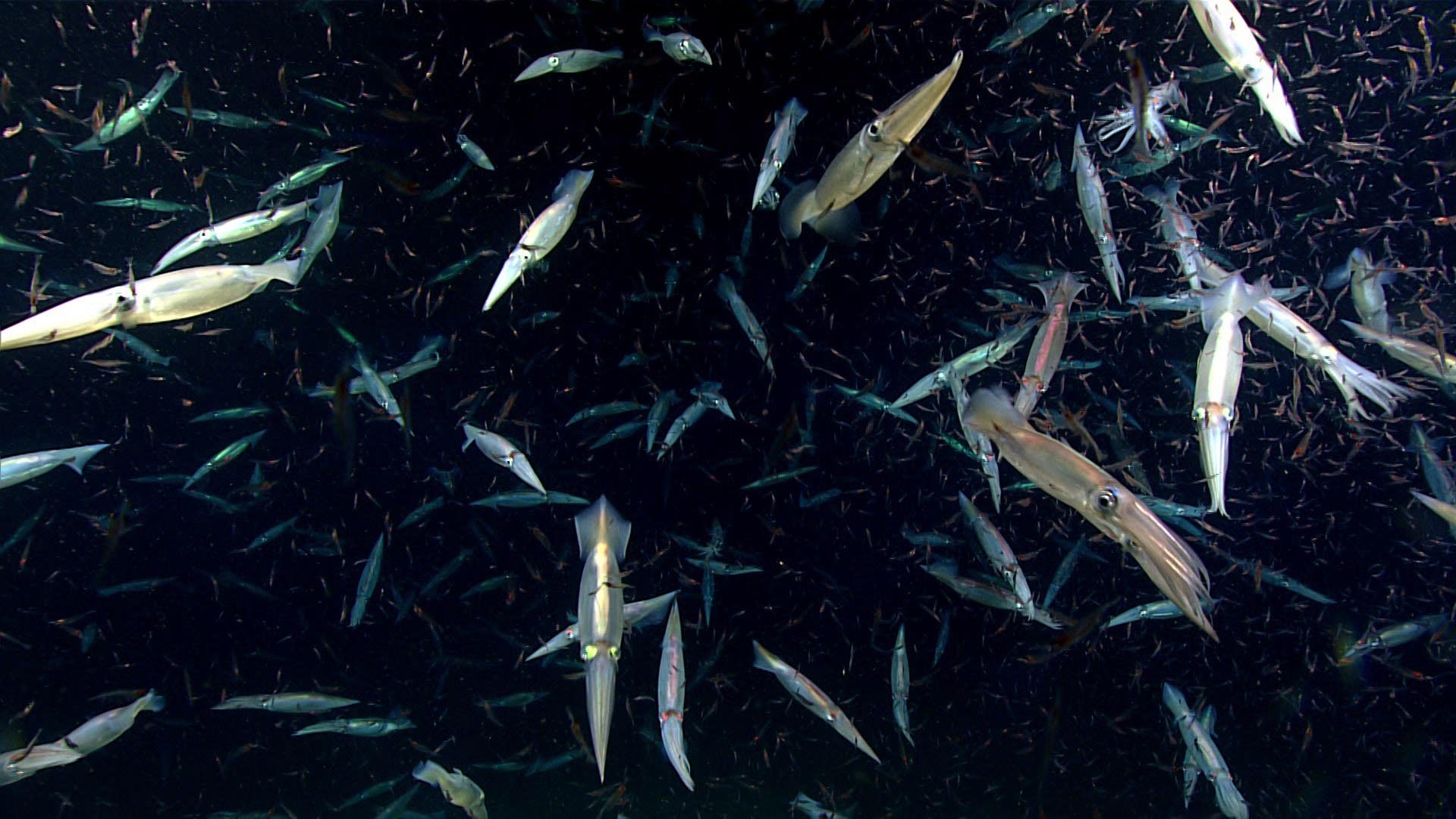Research Highlight
Bridge-to-PhD program at WHOI opens doors for new scientists
WHOI’s Center for Chemical Currencies of a Microbial Planet (C-CoMP) works to expand BIPOC representation in ocean sciences with its inaugural Bridge-to-PhD Fellowship Program
Read MoreThe predictive power of geochemistry
A WHOI researcher looks for changes in gas molecules to forecast volcanic eruptions such as Mauna Loa in Hawai’i.
Read MoreNew Research Unlocks Clues About the Iconic Flight of the Wandering Albatross
Wandering albatrosses’ wingspan of up to 11 feet and is the largest known of any living bird, and yet wandering albatrosses fly while hardly flapping their wings. Instead, they depend on dynamic soaring in addition to updrafts and turbulence.
Read MoreWhen will Antarctica’s ice cliffs come crashing down?
Researchers challenge their own assumptions to improve sea-level rise predictions
Read MoreArctic Hydrothermal Vent Site Could Help in Search for Extraterrestrial Life
When scientists discovered a hydrothermal vent site in the Arctic Ocean’s Aurora hydrothermal system in 2014, they did not immediately realize just how exciting their discovery was.
Read MoreWoods Hole Oceanographic Institution honored with IEEE Milestone for Technical Innovation and Excellence
HOV Alvin recognized as one of world’s most important deep-sea scientific instruments
Read MoreEmperor penguins granted protections under Endangered Species Act
Woods Hole Oceanographic Institution among research groups that offer key findings to support federal protection of species, increasingly under siege by climate change
Read MoreStudy Examines the Impact of Coral Chemical Compounds on Reef Composition and Health
The study found that the organic chemical compounds produced through metabolism —known as metabolites or exudates—vary significantly by coral species and that the compounds impact the abundances and compositions of reef microorganisms differently.
Read More5 essential ocean-climate technologies
In the race to find solutions to our climate crisis, these marine tools help us get the data to make informed decisions
Read MoreWoods Hole Oceanographic Institution receives Seagriculture Innovation Awards
Woods Hole Oceanographic Institution (WHOI)-led teams earned Gold and Silver Innovation Awards for seaweed solutions projects, presented at the first annual Seagriculture Conference USA 2022 in Portland, Maine.
Read MoreSunlight and the fate of oil at sea
Danielle Haas Freeman draws on the language of chemistry to solve an oil spill puzzle
Read MoreThe bolder bird gets (and keeps) the girl
A new paper by WHOI researchers demonstrates a connection between personality and divorce in albatross
Read MoreHow marine predators find food hot spots in open ocean “deserts”
A new study led by scientists at Woods Hole Oceanographic Institution (WHOI) and University of Washington Applied Physics Laboratory (UW APL) finds that marine predators, such as tunas, billfishes and sharks, aggregate in anticyclonic, clockwise-rotating ocean eddies (mobile, coherent bodies of water). As these anticyclonic eddies move throughout the open ocean, the study suggests that the predators are also moving with them, foraging on the high deep-ocean biomass contained within.
Read MoreAn aquatic outbreak
Stony coral tissue loss disease continues devastating Caribbean reefs. Here’s what we know about it so far
Read MoreMarine Protected Areas in Antarctica should include young emperor penguins, scientists say
Scientists at the Woods Hole Oceanographic Institution (WHOI) and European research institutions are calling for better protections for juvenile emperor penguins, as the U.S. Fish and Wildlife Service considers listing the species under the Endangered Species Act and the Commission for the Conservation of Antarctic Marine Living Resources (CCAMLR) considers expanding the network of Marine Protected Areas (MPAs) in the Southern Ocean.
Read MoreAs oceans warm, snapping shrimp sound a warning
Research published by Woods Hole Oceanographic Institution (WHOI) scientists today in Frontiers in Marine Science confirmed their previous observations that rising temperatures increase the sound of snapping shrimp, a tiny crustacean found in temperate and tropical coastal marine environments around the world.
Read MoreCarbon sequestration sites may prevent earthquakes
New evidence suggests that CO2-rich springs may be buffering quakes along areas of the San Andreas Fault
Read MoreWeddell seal moms sacrifice to provide for their pups
Seal mothers dramatically limit diving and foraging while lactating to provide more iron to their young
Read MoreHuman-occupied submersible Alvin makes historic dive
World’s most successful research submersible reaches 6,453 meters, its deepest dive ever Woods Hole, MA — Today, the human-occupied submersible Alvin made history when it successfully reached a depth of…
Read MoreHydrothermal field discovered at the East Pacific Rise 9°54’N
A new high-temperature, off-axis hydrothermal vent field on Pacific seafloor at 2550 meters depth was discovered in 2021 by a team that included researchers from Lehigh University; Scripps Institution of Oceanography (SIO); the University of Bergen Norway; and Woods Hole Oceanographic Institution (WHOI).
Read MoreA toxic double whammy for sea anemones
Exposure to both oil and sunlight can be harmful to sea anemones
Read MoreMid-depth waters off the United States East Coast are getting saltier
A new study led by Woods Hole Oceanographic Institution (WHOI) shows a significant increase in frequency of warm saltwater intrusions from the deep ocean to the continental shelf along the Middle Atlantic Bight, which extends from the Gulf of Maine to Cape Hatteras, North Carolina.
Read MoreScientists link the changing Azores High and the drying Iberian region to anthropogenic climate change
Projected changes in wintertime precipitation make agriculture in the Iberian region some of the most vulnerable in Europe, according to a new WHOI co-led study that links the changes to increased anthropogenic greenhouse gases.
Read MoreSquid Games
Shortfin squid are becoming more available to New England fishermen, but why?
Read More

